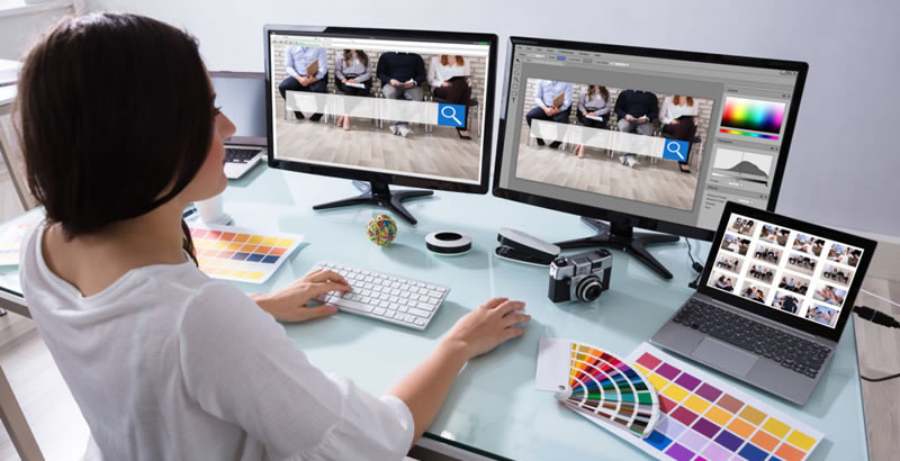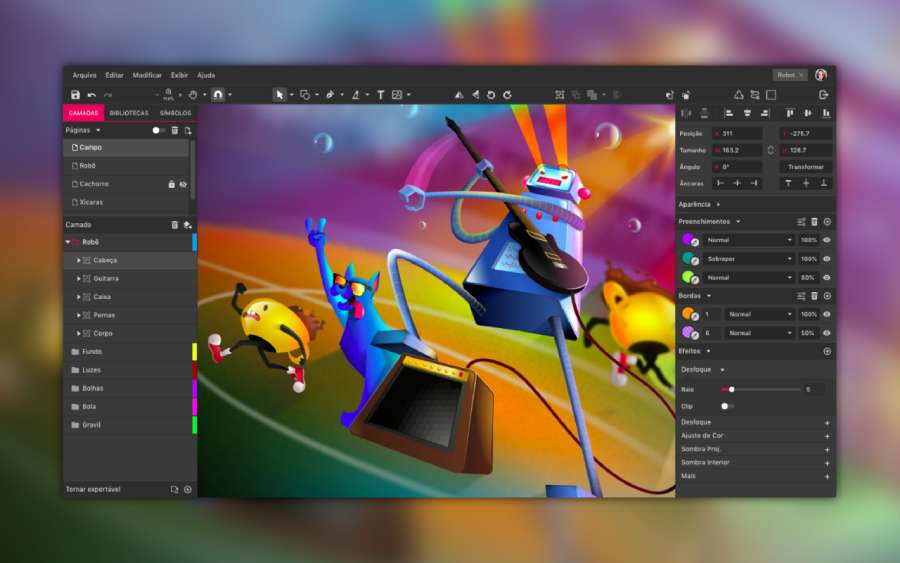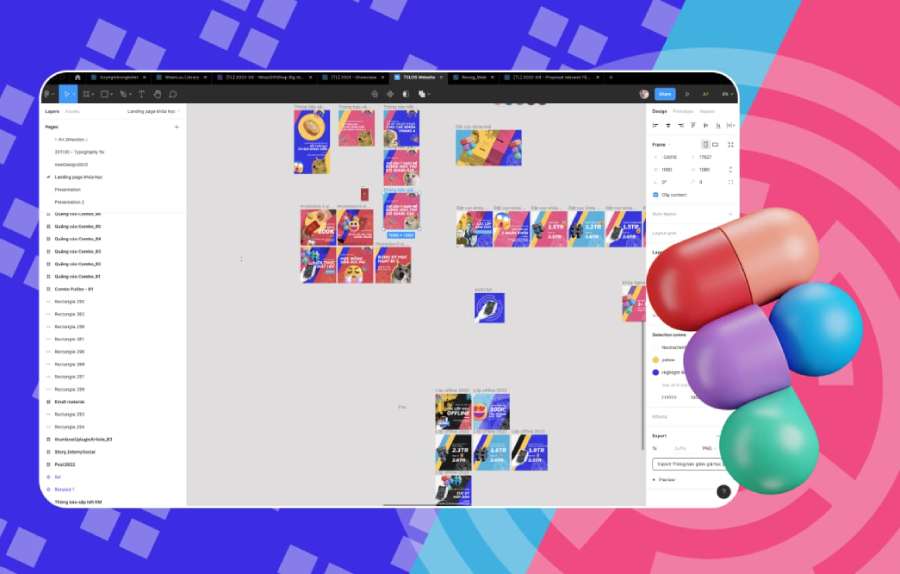Best Selling Products
Sharing the Secret to Creating an Impressive Name Card
Nội dung
- 1. General introduction to Name Card design
- 2. Secrets to designing an impressive Name Card
- 2.1. Information Selection
- 2.2. Consider the Layout
- 2.3. Impressive Images
- 2.4. Adherence to Basic Design Principles
- 2.5. Creativity Within a Framework
- 2.6. Unique Paper Material
- 2.7. Focus on First Impressions
- 2.8. Suitable Size and Style
- 2.9. Consistency With Other Publications
- 3. SADESIGN - a reputable address providing design learning software
- 3.1. Unique quality design software
- 3.2. 24/7 technical support and consulting
- 3.3. Cost savings, high efficiency
- 3.4. Easy to use interface
- 3.5. Diverse design models
- Conclusion
An impressively designed Name Card can help you make an impression on your partners at first sight. Join SADESIGN to learn the secret to designing a Name Card right away.
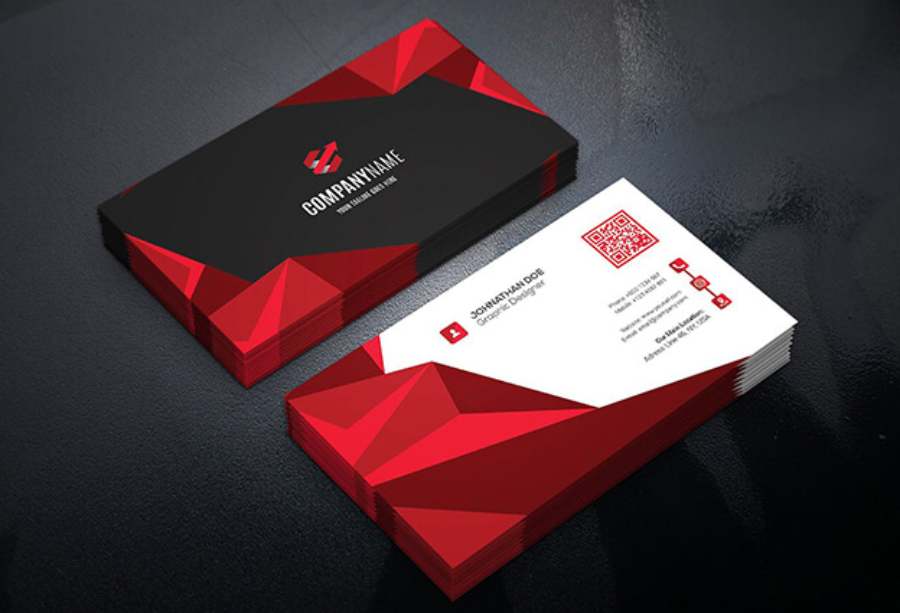
Name card is not only a tool to introduce contact information, but also an important means in building a personal or business brand. However, not everyone understands the principles to create an effective Name Card. In the following article, SADESIGN will share the secret to creating an impressive Name Card that also effectively conveys information.
1. General introduction to Name Card design
Name cards are an indispensable part of the communication toolkit of every individual and business. Although small, the ability to convey the message of a name card is extremely powerful. A good name card not only helps the recipient easily remember you but also conveys a message about professionalism and personal or business style.
In fact, a name card is not simply a piece of paper containing your name, phone number or email address. If you know how to design it skillfully, a name card can help you create a deep impression, standing out among thousands of other business cards that your partners and customers may receive. To do this, a name card needs to meet some basic design standards, from the way information is selected to the application of reasonable design principles.

A good name card not only helps you convey information clearly but also reflects your professionalism and unique style. From selecting information, considering layout, to using appropriate paper materials and images, every detail in the name card design affects the impression you create on the recipient. Apply the above tips to create an impressive name card, helping you stand out and be easily remembered in the eyes of partners and customers.
2. Secrets to designing an impressive Name Card
To make your business card really stand out, it’s not enough to just pick a pretty design. Here are some important tips to keep in mind when designing your business card:
2.1. Information Selection
An effective business card should not contain too much information. Because the area of the business card is limited, and if you try to cram too many details, it will make the recipient feel uncomfortable and difficult to remember. Therefore, information selection is very important. You should only include the most essential information, making it easy for the recipient to contact you.
The basic information that a name card needs to have includes:
- Full name
- Title (if any)
- Phone number (can be mobile or office)
- Company address (if required)
You can also add additional information like your website, social media accounts, or a short tagline, but make sure these details don't confuse the recipient.
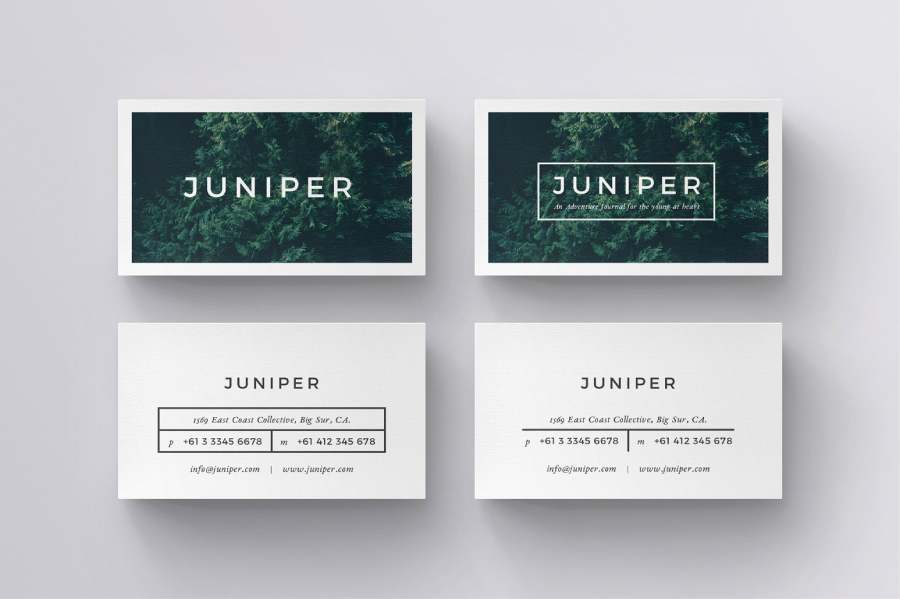
2.2. Consider the Layout
The layout of the name card must be clear, easy to see and easy to understand. You should not let the information overlap, or arrange it in a way that is difficult to read. Arrange the information scientifically, creating a balance of space so that the name card can easily attract the eye.
Some factors to consider in layout:
- Logo size and position : The logo is an important brand identity element, so it needs to be placed in a prominent position but not obscure other information.
- Font size : Choose a reasonable font size that is easy to read and does not smudge when printed. Important information such as names and titles should stand out more than secondary information.
- Spacing between elements : Keep the space between information reasonable, so that the name card is not too cramped, making it difficult to see and read.
2.3. Impressive Images
A name card cannot lack images, but how to use images is very important. Images can be logos, brand symbols, or illustrations related to the industry or field in which you are operating.
However, not all images are suitable. You need to choose images that are high quality, clear and have a clear meaning. Images should also be closely linked to your brand or personal style, avoid using images that are generic or do not create a special impression.
2.4. Adherence to Basic Design Principles
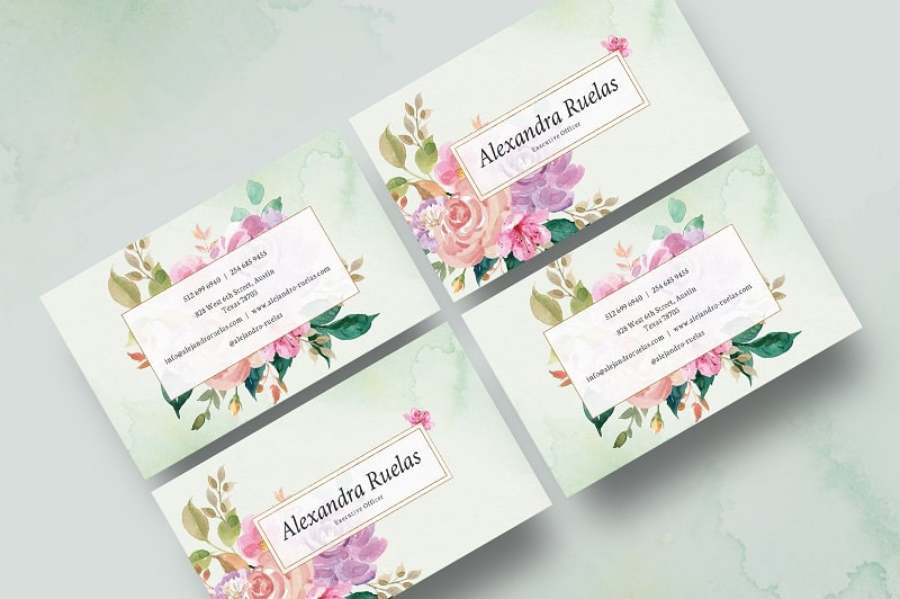
To ensure your business card is aesthetically pleasing and easy to read, you need to follow some basic design principles. These include:
- Use colors wisely : Colors can make a statement, but they can also be unbalanced if not chosen carefully. Choose colors that match your brand image and are not too flashy.
- Readable fonts : Don't use too many different fonts on the same business card. Choose one or two fonts that are simple, easy to read, and appropriate to the message you want to convey.
- Use a design grid : A design grid helps you allocate space appropriately, creating balance for the entire layout of your name card.
2.5. Creativity Within a Framework
Business cards have a fixed size, but that doesn’t mean you can’t be creative. Being creative in your business card design helps create unique, memorable, and eye-catching business cards. You can experiment with elements like:
- Asymmetrical Format : Instead of using a traditional symmetrical design, you can try an asymmetrical layout to create emphasis.
- Cut corners or create a unique shape : If you want your name card to be more unique, consider cutting corners or choosing a shape that is not the usual rectangle.
2.6. Unique Paper Material
The paper you choose also plays an important role in making an impression. A business card printed on high-quality paper with a smooth surface can make the recipient feel professional and respected.
The paper material can be glossy paper, sandpaper, recycled paper or special materials such as metal, wood or plastic. Each type of material will bring a different feeling, so you need to consider choosing to suit the brand image.
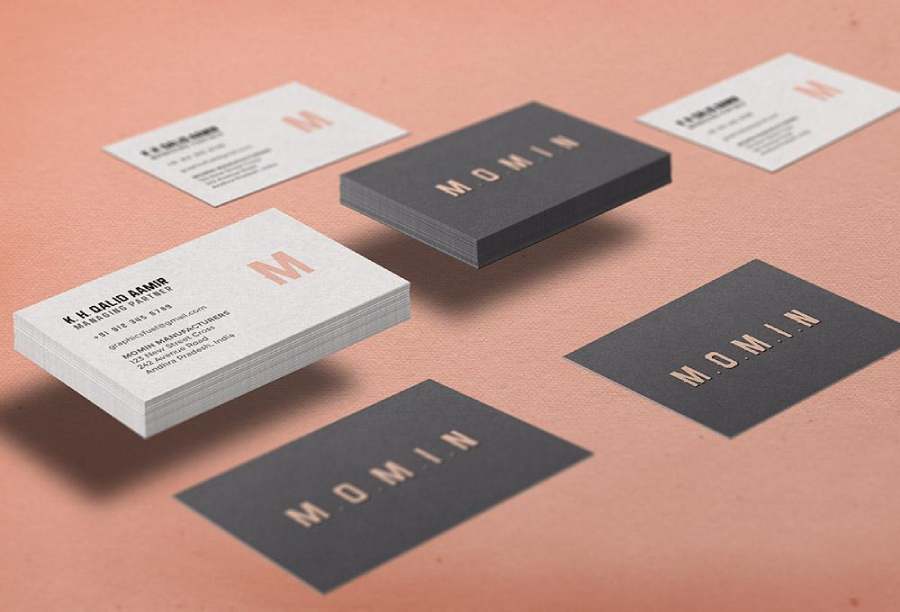
2.7. Focus on First Impressions
When designing a business card, you must always remember that first impressions are very important. Although the business card may not be the only factor that determines the relationship between you and your partner, it is the first bridge. So make sure your design is impressive enough for the recipient to remember you even if they only look at the business card for a few seconds.
2.8. Suitable Size and Style
Another important factor in name card design is the size and style. Normally, name cards will have a standard size of 90x54mm (according to international standards) or 90x55mm. However, you can also choose a different size or style to make your name card stand out more.
A compact size that can be easily stored in a wallet or handbag is essential for a business card to be easily carried around. If you choose a design that is too large or too small, it will likely make it difficult for the recipient to store or find.
2.9. Consistency With Other Publications
An effective business card is integral to your overall brand identity. When designing a business card, you need to ensure that the color, style, and message on the card are consistent with other business publications such as brochures, websites, or product packaging. This helps to reinforce your brand and create a professional look for you or your business.
3. SADESIGN - a reputable address providing design learning software
SADESIGN is one of the pioneers in providing professional design learning software, serving those who are looking for innovation in learning and creativity. Developed by a team of experienced experts, SADESIGN's software not only meets learning needs but also helps users optimize the design process. SADESIGN's services not only help you improve your design skills but also provide powerful tools, helping students easily access and develop their careers in the design field.
3.1. Unique quality design software
SADESIGN design software is developed based on international standards, bringing uniqueness and superior quality. Each tool in this software suite is optimized to support users from basic to advanced, helping them easily realize creative ideas. The software not only has an easy-to-use interface but also comes with many outstanding features, from image editing, graphics, web design to 3D simulation.
In particular, SADESIGN software is always updated regularly, adding new features, helping users not to fall behind the development trends in the design industry. Thanks to the integration of modern technology and intuitive interface, learners can easily get acquainted and use the tools without encountering any difficulties.
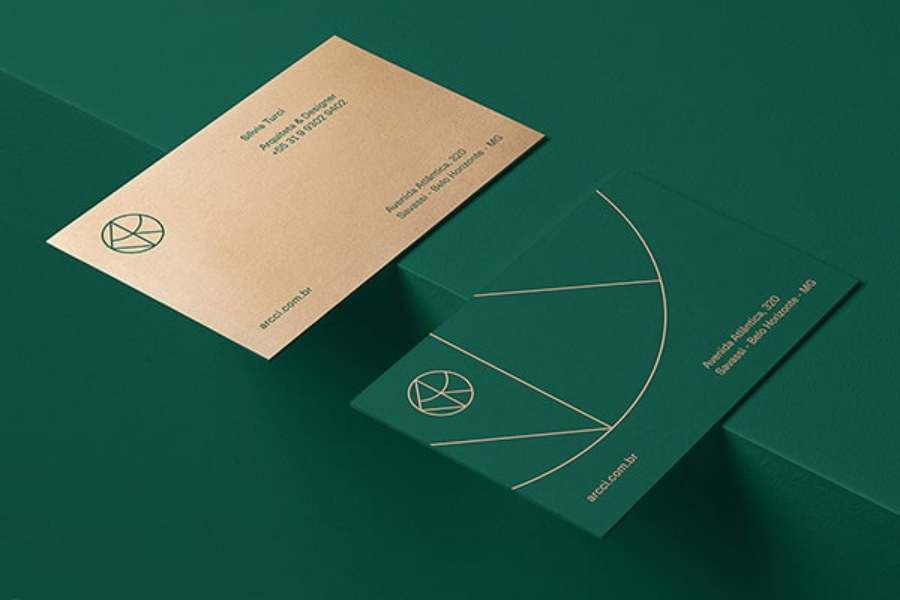
3.2. 24/7 technical support and consulting
One of the strengths of SADESIGN service is the dedicated technical support and consulting system. SADESIGN experts are always ready to support you in the process of learning and using the software. Whether you are a beginner or experienced, the support team will answer all questions and provide optimal solutions so that you can maximize the potential of the software.
Not only does SADESIGN solve technical problems, it also provides consulting sessions on effective design learning methods. You will be guided on how to use the software properly, build a suitable learning strategy and improve your design skills through each real project. SADESIGN's support service is committed to helping you overcome all barriers in learning and working with design software.
3.3. Cost savings, high efficiency
One of the outstanding features of SADESIGN's design software services is its flexibility and cost savings. With a variety of service packages, learners can choose the option that suits their budget and needs. SADESIGN offers subscription-based learning packages, helping users save on initial costs while still ensuring full access to the software's important features.
In addition, SADESIGN software is also capable of integrating with many different platforms, helping users work anytime, anywhere without encountering obstacles in tools or devices. This brings maximum flexibility in the learning and working process. By using cloud technology and automation features, SADESIGN helps learners save time and improve work efficiency.
3.4. Easy to use interface
SADESIGN software is often designed with a friendly, accessible interface, especially for beginners to learn design. The use of drag-and-drop and intuitive tools makes it easy for users to create beautiful name card templates without professional design skills.
3.5. Diverse design models
SADESIGN offers a rich library of templates, from simple name card templates to complex, modern designs. This allows users to choose and customize available templates to create products that suit their needs.
With the above advantages, SADESIGN's design learning software not only helps you save costs but also creates favorable conditions for you to develop design skills quickly and effectively.
Conclusion
Through the article, we have shared with readers the secret to creating an impressive Name Card. Join SADESIGN's design course now to apply these secrets and create an impressive Name Card for yourself!









































